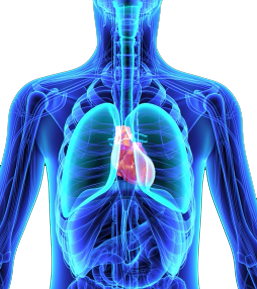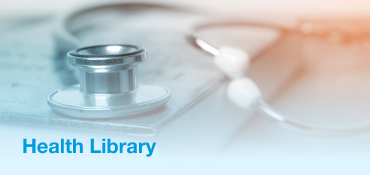Table of contents

Radiation on your chest can sometimes cause side effects. You may or may not experience adverse effects. The effects and their severity vary from person to person. This sheet contains detailed information about potential side effects and ways to deal with them. Generally, side effects appear from the 3rd week of treatment and can affect all organs located in the thoracic area . They trend to become more acute and important at the end of treatment.
EFFECTS ON THE ESOPHAGUS
Swallowing can be difficult and cause a discomfort and possibly burning; occasionally, you might feel your food is stuff and stopped in your esophagus.
Practical advice:
- Mix your foods
- Chew carefully
- Avoid spicy foods and alcohol
- Do not smoke
EFFECTS ON THE BRONCHI:
You might have a dry, irritating cough and occasionally feel breathless, sometimes painfull in your chest.
Practical advice:
Do not smoke
- Avoid areas with polluted air
- Avoid fresh places
EFFECTS ON YOUR SKIN:
The surface of your skin might become irritated, red and occasionally sore.
Practical advice:
- Avoid deodorants and perfumes
- Wash with mild soap
- Ask your doctor before applying anything on your skin
- If possible, do not cover your skin, but avoid totally sun exposure
FATIGUE:
Feeling tired does not mean that your condition is deteriorating. Possible causes are: the sickness itself, change in your daily activities, weight loss, lack of appetite, anxiety, treatments you may have received (surgery…), or the daily repetition of your treatment.
NAUSEA:
Most patients do not have nausea; your might feel sick if part of your stomach is irradiated.
Practical advice:
- Avoid hot beverages and fat foods
- If necessary, your radiation oncologist will give you an appropriate treatment before your radiotherapy session begins.
- You may or may not experience the above side effects.
- Most sensation of irritation and congestion will progressively disappear a few weeks after the end of your treatment.
- Tell your therapeutic radiographer or your radiation oncologist about any unusual discomfort you may receive in order to get appropriate treatment.
- Ask your radiation oncologist any further question you may have.



